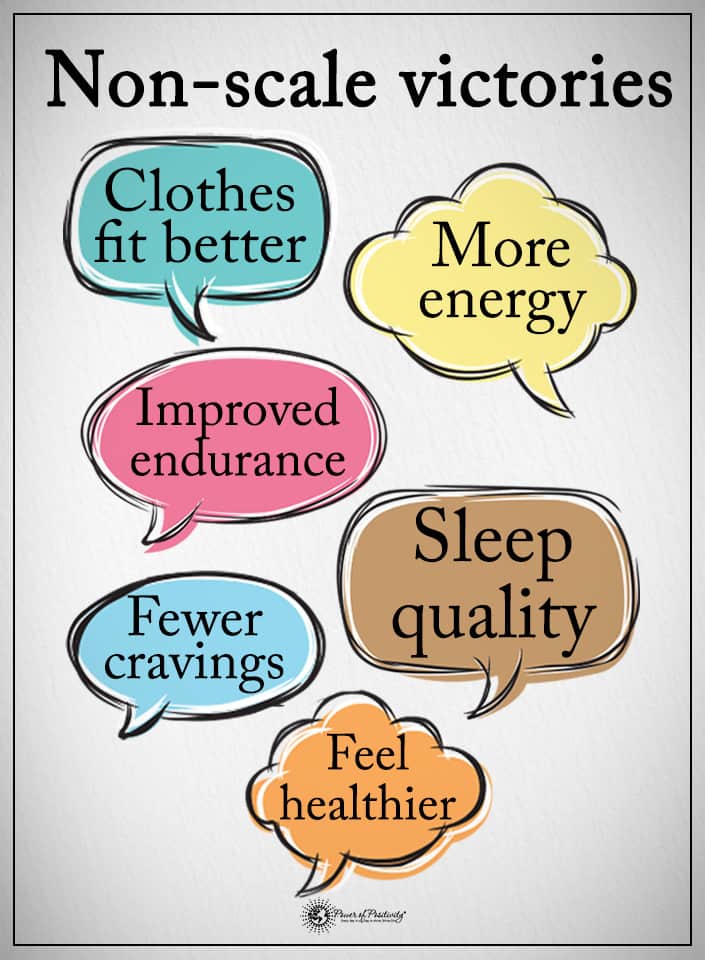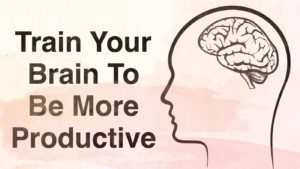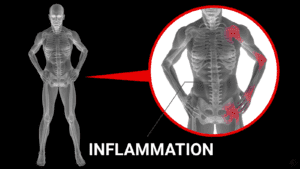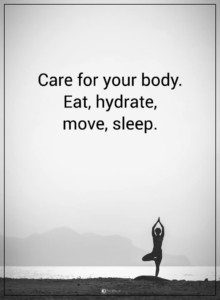Most everyone has heard about the ketogenic diet movement sweeping the nation. In an era where over 30 million Americans are overweight or obese, struggling with chronic pain and disease, we are becoming more and more desperate to reclaim our health and our waistlines by eating clean.
What is the ketogenic diet?
The keto diet is a low carb, high-quality fat, and protein way of eating that promotes many health benefits in addition to weight loss. Numerous studies on the ketogenic diet have now pointed to its effectiveness in fostering stubborn fat loss, reducing chronic pain and inflammation, and even staving off diseases like heart disease, diabetes, and cancer.
Eating keto is more natural than one might think. It involves replacing high carb foods that are devoid of nutritional value with high-quality proteins and healthy fats. Fewer carbohydrates to burn results in ketosis, where the body switches from burning carbs and sugars to burning off stored fat. Ketosis improves brain function, helps to stabilize blood sugar levels, and provides a natural cleansing effect for organs like the liver and kidneys.
Benefits of going keto
There are numerous benefits of going keto, including the following:
- A reduced appetite
- Significant weight loss
- A reduction in abdominal fat
- Reduced triglycerides
- Increased levels of good cholesterol
- Reduced blood sugar and insulin levels
- Lower blood pressure
- Improved metabolic function
- Reduced levels of bad cholesterol
- Improved brain function
Keto Flu: The “downside” of keto
Adapting to a ketogenic diet may be difficult, as our bodies have become conditioned over several generations to crave carbohydrates for a source of quick energy. Cutting out carbs can initially cause a series of symptoms to crop up that medical experts like to call the keto flu.
The keto flu includes symptoms like fatigue, stomach pains, nausea, aches, and pains, making anyone who embarks on this diet change wonder what benefit will come on the other side of this unpleasantness. The keto flu is not caused by your diet change, but by your body’s responses to carbohydrate restriction.
The tough part about cutting carbs
Carbohydrates are your body’s first source of comfort food; we spend most of our time with them as they provide quick energy and make us feel good.
The problem is, we become “addicted” to that carbohydrate high, and we crave more and more of them–so much so that we become our own worst enemy when it comes to developing chronic diseases like heart disease, diabetes, and even cancer. When we begin to cut carbs, we find that our body revolts by increasing cravings.
The fact of the matter is, you have tricked your system and your brain into believing that you need them for survival when in actuality, you do not. Your body is much more efficient at processing proteins and fats for fuel, and this type of fuel is long-lasting. You need to embrace a new mindset of focusing on the energy and better health you will experience as a result of switching to keto.
For your body to adapt to your new way of eating and living, it must go through cellular and hormonal changes that have become known as the keto flu. Your body will go through a detoxification process, sloughing off toxins, sugars, and other harmful substances that no longer serve you.
If you have never gone through detox before, brace yourself. You will experience some unpleasantness, but the keto flu symptoms will be short-lived as you realize just how liberated and clean you feel on the other side.
Symptoms of the keto flu
For most people, signs of the keto flu last from one to two weeks, with more devoted carb lovers taking up to a month for full detoxification. Signs of the keto flu include:
- Sugar cravings
- Dizziness
- Irregular heartbeat
- Brain fog
- Irritability and mood swings
- Poor focus and concentration
- Stomach pains
- Nausea
- Cramping
- Confusion
- Aches and pains
- Insomnia
It is unusual to experience all symptoms at once, and the length of time that one experiences the keto flu varies from person to person. The reason for this variance is metabolic flexibility, and this is dependent on two factors—genetics and lifestyle. As a part of your genetic makeup, you may not have the enzyme load to handle the switch to keto, and thus, your transition would be more difficult.
Someone who has spent a lifetime in the carb aisle at the supermarket will also have a harder time cutting them out and handling keto flu symptoms than one who has tried to eat well and stay active. It is difficult to make these changes without the threat of symptoms, even more so when you know you’ll likely experience at least some of them.
 Why does the keto flu occur?
Why does the keto flu occur?
There are several reasons that the flu occurs when switching over to keto:
When we restrict carbs, water, and sodium flush out of the body.
Both of these actions are in response to insulin no longer being needed in abundance to process carbs. As a result, the first five days on keto can release up to ten pounds of water weight, and this flushing can cause a toxic release of other chemicals in the body as well.
T3 thyroid hormone levels are decreasing.
T3 hormone levels and carbohydrate intake are connected; as a result of the decrease in carbs, the hormone responsible for regulating your metabolism slows everything down as well. You’ll need to take a few days and move more slowly, get more rest, and allow the process of cleansing to occur.
Cortisol levels increase.
The release of cortisol, a stress hormone, takes place as the body perceives it is under threat. The restriction of carbs is a signal to the body that it might just be going into starvation mode. Increased cortisol levels can manifest as more significant irritability and disruption in standard sleep patterns.
How to manage or even avoid the keto flu
If you know what is coming, you can among symptoms of the flu or also prevent them altogether. Take these steps to make your transition to low-carb living a bit easier:
1. Drink plenty of water
Hydration is essential when detoxifying the body. When the ketogenic diet is implemented, a great deal of water is lost, and you can quickly become dehydrated. Even the loss of 2 percent of your body’s water content can impair cognitive and physical function; drink plenty of water to ensure that you are flushing out toxins correctly.
2. Supplement with magnesium, potassium, and sodium
The loss of potassium and sodium in copious amounts at the beginning of a keto diet can cause headaches, lightheadedness, and fatigue. Include foods like spinach, avocados, and other leafy greens as you make your transition. Sprinkle salt on your food to slow down the loss of sodium, and include some supplements in your daily regime to replace cell salts and minerals that will help shift you over into ketosis. The more you can give your body the tools that it needs for detoxification, the easier your transition to keto will be.
3. Eat healthy fats
One easy (and delicious) way to help your body transition to keto is to eat more healthy fats, especially MCT. While it may be tempting to load up on butter, animal fat, and other delicious options, these fats have to go all the way through your lymphatic system, muscle, and other tissue before they can reach the liver to be converted into ketones. MCT oil, on the other hand, is a medium-chain triglyceride, which means it goes straight to the liver and makes conversion a snap. Studies on MCT oil have shown that when combined with keto diet and exercise, you might be able to avoid the flu altogether.
4. Do low-intensity exercise first thing in the morning
Grab a bottle of water, a pinch of salt, and hop on the treadmill first thing in the morning. This will jump-start your fat-burning process, get all systems firing, and make symptoms of keto flu easier to handle. Other low-intensity exercises include a gentle swim, yoga, or pilates. Move that body and feel the difference.
5. Meditate
Meditation has a significant impact on your body’s systems; sitting in silence for at least ten minutes per day has proven to lower heart rate, reduce stress, and reduce the production of cortisol. Even without keto transition, meditation is a good idea for whole-body health and wellness.
6. Prioritize sleep
When all else fails, get some sleep! When you’re tired, sleep. Whether it’s during the day or late into the night, get 7-9 hours daily total, and reduce the effects of the flu significantly, improving your health as you step into ketosis.
Final Thoughts on Avoiding the Keto Flu
With the right combination of diet, exercise, and stress reduction techniques, even the most skeptical of us can transition into a ketogenic lifestyle. And, we can embrace the kind of mental clarity and physical health like you’ve only dreamed of. Free of the keto flu. Here’s to your best and most vibrant health!

























